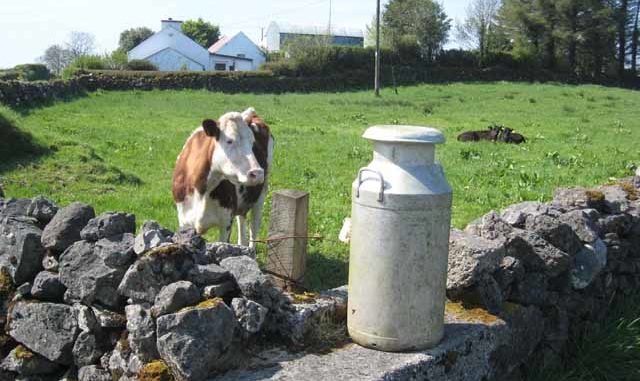
Beyond quotas: how will Europe manage its milk?
With milk quota due to end in 2015, how is Europe preparing? […]

With milk quota due to end in 2015, how is Europe preparing? […]
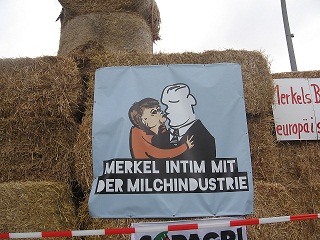
Two day demonstration for a fair milk market held in front of government buildings in Berlin […]
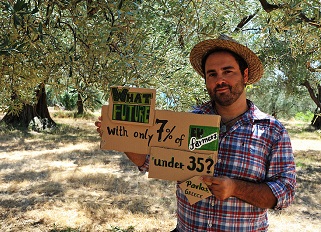
A videoblog on CAP through the eyes of Greek young farmers […]
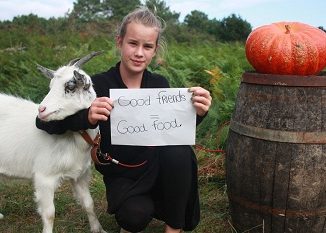
PRESS RELEASE: People across Europe demonstrate for radical farming reform […]

Farmers prepare to protest […]

We invite you to give your assessment and to share your visions of the EU’s Common Agricultural Policy in these un-common times. To this end, we will host our third debate of the year, following our livestock and milk crisis debates. Join us, get involved, get animated, make a contribution. Let’s crtitique each other’s contributions and raise our collective games. […]
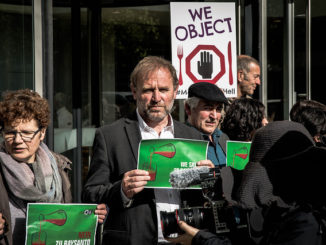
The Greens EFA group in the European Parliament launched their policy paper n CAP at an event on the 12th April. Land use, crop rotations and fair incomes were the main focus areas of the day long. Harriet Clayton has more. […]

A number of organisations made submissions to the CAP consultation, which closed last week. Here we outline three differing ones – one from public health, one from farming and one, which we devote more space to, from a platform bringing a number of organisations together in Germany. 1 Public Health Organisation (EPHA) The EPHA European Public Health Association point out that agriculture and health policies are not aligned, despite Article 168 of the Treaty on the Functioning of the European Union (TFEU) mandates that “a high level of human health protection shall be ensured in the definition and implementation of all Union policies and activities.” Like many others, the organisation argues against land based payments and for more policy coherence. Specifically, they point to three key changes: Removing health-harmful subsidies Moving from hectare payments to performance incentives Fostering sustainable healthy diets The EPHA’s submission intro can be found HERE the full response can be found HERE and the annex HERE. 1 Farmer Organisation (EMB) The European Milk Board prioritised coordinated approach to price and market stability, as well as […]

EU farm incomes are down, but are plummeting in European powerhouse economy Germany. […]
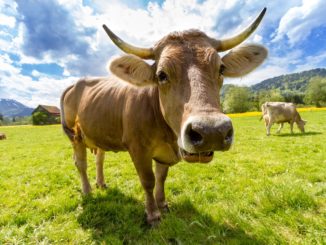
plummeting prices despite the all the signals and scientific evidence have made the Commissioner’s position untenable, the EMB claim. […]

NewsFlash October 2015 […]

NewsFlash July 2015 […]
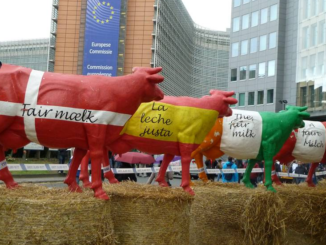
Commission announces contentious €500m aid package for dairy, pork ARC2020 […]
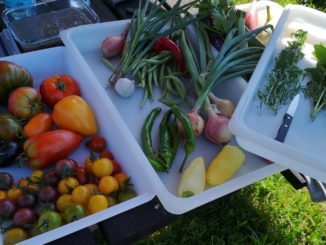
How can a top-down tool such as France’s Territorial Food Programmes help to democratise local food policy? How does the French infrastructure compare to Germany’s Food Policy Councils? In the best case scenario, communities take food into their own hands. Part 1 of a policy analysis by the Rural Resilience project. […]
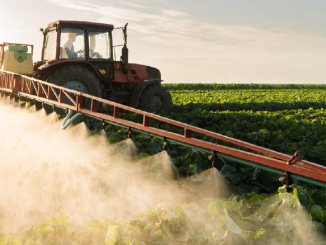
In this op-ed, Matthias Wolfschmidt of Foodwatch International unpacks the EU’s food system, its reliance on cheap imports, its generation of food waste, the power of lobby groups and Europe’s subsequent reliance on damaging pesticides and fertilizers. In this context, Wolfschmidt considers how the weaponisation of hunger embeds a lock in of problematic agri-industrial inputs, while also pointing to a way out of this bind within 15 years. […]
Agricultural and Rural Convention